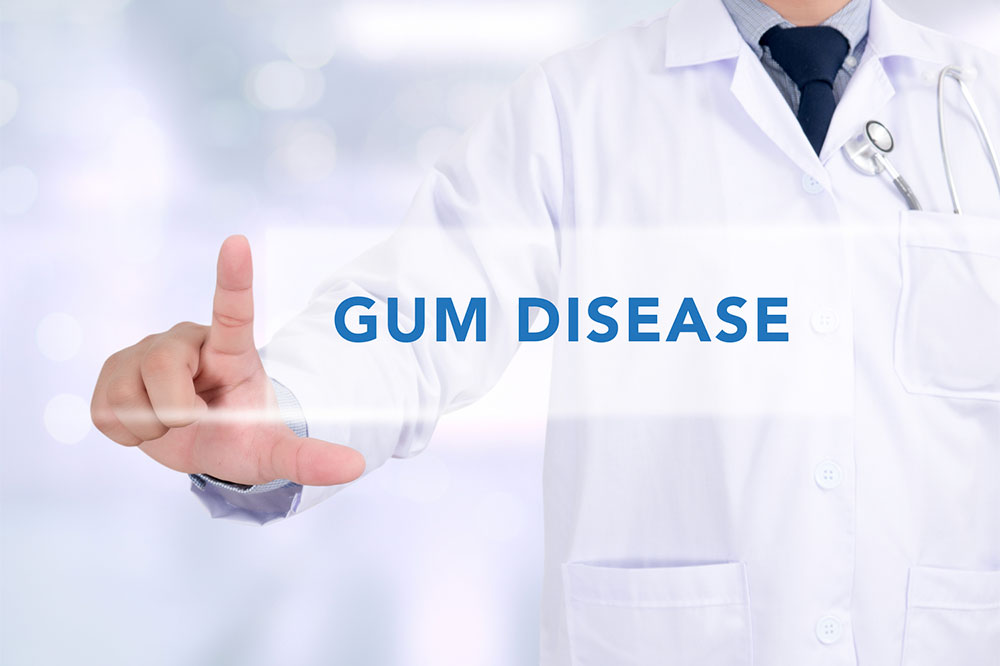The 5 Key Types of Gum Disease You Should Know
This article discusses the five main types of gum disease, covering symptoms, causes, and treatment options. It emphasizes early detection and good oral hygiene for maintaining healthy gums and preventing tooth loss. Understanding these conditions helps individuals seek appropriate dental care promptly.

Identifying the 5 Main Forms of Gum Disorders
Gum disease, or periodontal disease, is a progressive condition that harms the tissues supporting your teeth and jawbone. If untreated, it can lead to discomfort, increased tooth sensitivity, and tooth loss. Early detection combined with proper dental care is essential to prevent serious damage. Visiting a dental professional helps diagnose the specific type of gum issue and guides effective treatment options to preserve oral health.
Here are the five primary types of gum conditions to understand:
Gingivitis: The mildest gum inflammation caused by plaque toxins, which can typically be resolved with good brushing, flossing, and professional cleanings.
Chronic Periodontal Disease: Frequently affecting individuals over 45, this form involves inflammation below the gum line, resulting in tissue and bone loss. It often causes gum recession and longer-looking teeth. Treatment involves scaling, root planing, and antimicrobial therapy as recommended by your dentist.
Aggressive Periodontitis: Known for rapid gum tissue destruction, this condition is more common among smokers and those with genetic predispositions. Advanced procedures, including surgery, may be necessary for treatment.
Gum Disease & Systemic Conditions: Diseases like diabetes, cardiovascular issues, and respiratory problems can worsen periodontal health. Managing these conditions alongside dental treatments is vital for recovery.
Necrotizing Periodontal Disease: A severe, uncommon form that affects immunocompromised individuals, smokers, or malnourished persons, leading to gum tissue death and potential jawbone infection. Extensive dental intervention is required for management.
Consistent oral hygiene from a young age is vital to prevent severe gum diseases and minimize the need for invasive procedures.


